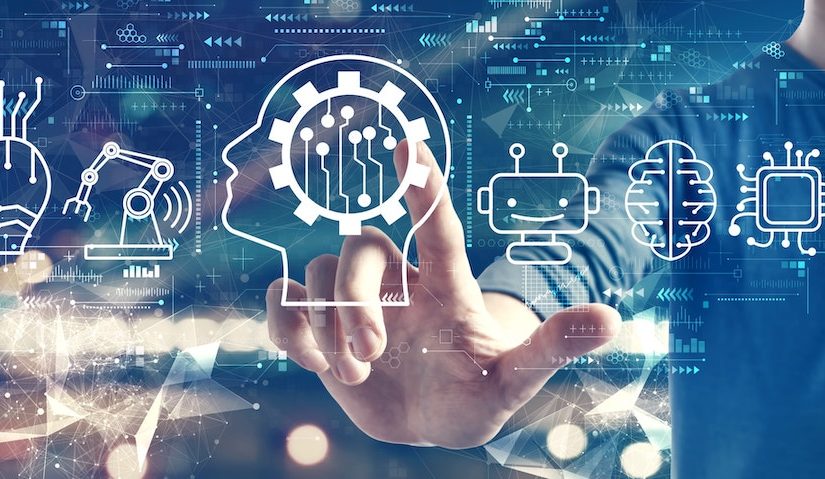The age of Artificial Intelligence and RPA (i.e Robotic Process Automation) has finally reached Japan in full force.
I recently heard how Goldman Sachs, the multi-national financial institution, has gone from employing 600 traders at its cash-equities trading desk, to only two. It has replaced the rest with software-based automated trading programs.
As Goldman Embraces Automation, Even the Masters of the Universe Are Threatened
When this news broke, it came across as something sensationalistic, but now I am consulting for companies where AI is making steady progress, and I can see a future for them where they can expand their business without any significant labor increase.
AI and RPA can now do most of what people can. AI and RPA both work at the level of logic, rather than physically moving arms like industrial robots, and they seem to be spreading quickly. Right now, they can be adopted company-wide as soon as management makes the decision. At the same time, when implementing conventional human tasks in AI and RPA processes, it’s not exactly simple to develop them to match business needs. It requires development skill, but it also requires business knowledge. An engineer with that kind of know-how can expect high earning potential for the long term.
Obviously, AI and RPA are being introduced into business systems all over the world, not just in Japan. So, I feel secure in saying that an engineer who has acquired the relevant business know-how will never be at a loss for work.
At the same time, Japan has its own particular business practices, and it might take some time to understand them. However, those particular business practices are also part of the workflow that serves as the basis for Japan’s high-quality products and services. In other words, Japan’s unique business flow is packed with useful business know-how. If engineers from overseas can acquire that Japanese know-how, they’ll have a powerful skill set to call on if and when they return to their home country.
Japanese business systems include some types of skill that are worth learning, and some that aren’t. Below is a simplified introduction.
Functions of standard business systems:
- A) Accounts Management
- B) Sales Management
- C) Procurement Management
- D) Stock Management
- E) Production Management
- F) Human Resources Management
You can break these down almost infinitely, but the major classes are those listed above.
Accounts management in Japan is not handled in real-time, like it is abroad, but accounts are all settled at the end of the month, so Japanese business use a monthly reckoning system. This is one of those business practices unique to Japan I mentioned, but since it’s likely that Japan will be shifting to an international accounting standard in the future, I don’t think it’s worth learning much about this.
I think items B to E are where Japan’s high industrial quality standards are made. Since many businesses in Japan have efficient management systems, that is definitely one area worth studying while here, since I think it will be very useful in other countries, as well.
Getting a solid grasp of this know-how will take a lot of study, but there are manga-style textbooks and manuals, like the one below, to help make it easier to understand. Those with an interest should certainly take a look.
マンガでわかる トヨタ流の生産方式とマネジメント https://www.amazon.co.jp/dp/4839960054/









